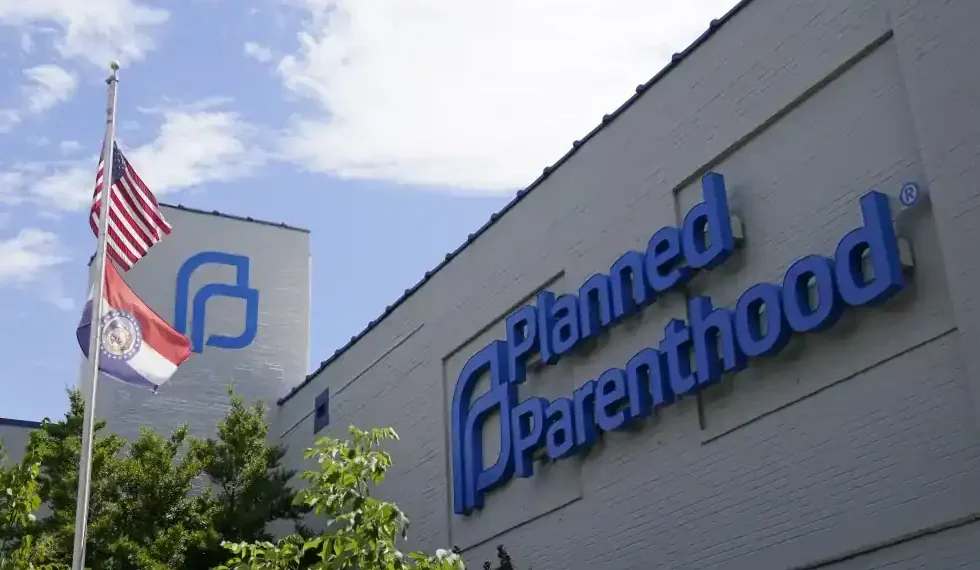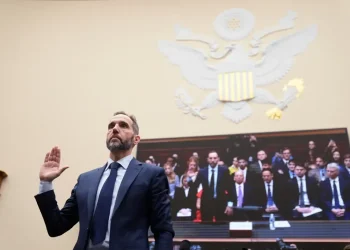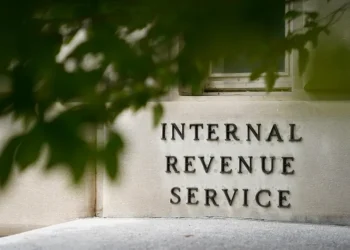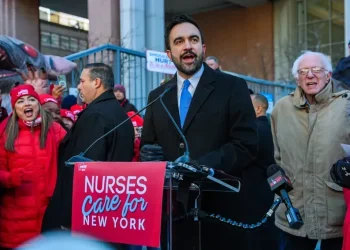Federal judge blocks Trump administration’s attempt to defund Planned Parenthood
Written July 28, 2025, 19:00 EDT
A federal judge has ruled that Planned Parenthood clinics across the United States must continue to receive Medicaid reimbursements, delivering a significant legal victory to the health care provider in its ongoing battle against efforts to limit access to reproductive services. The ruling halts a key provision in former President Donald Trump’s tax legislation that aimed to restrict federal funding to certain abortion providers.
The decision ensures that over a million patients who rely on Medicaid for essential services like cancer screenings, contraception, and STI testing will not lose access to care — at least for now.
Legal ruling protects access to reproductive health services
On Monday, U.S. District Judge Indira Talwani issued a new order preventing the federal government from enforcing a rule that would have cut off Medicaid funding to Planned Parenthood affiliates. The measure was part of a provision in the Trump administration’s tax overhaul that aimed to withhold Medicaid payments for one year from abortion providers receiving more than $800,000 in reimbursements.
This ruling replaces a previous, narrower injunction from the same judge, which temporarily blocked funding cuts for specific Planned Parenthood centers that did not offer abortion services or had smaller Medicaid reimbursements.
Judge Talwani wrote that blocking access to Medicaid funding would disrupt essential health services for vulnerable communities. “Patients are likely to suffer adverse health consequences where care is disrupted or unavailable,” she noted. The court also cited concerns over increased rates of unintended pregnancies and sexually transmitted infections due to restricted access to contraception and preventive care.
Planned Parenthood’s legal challenge
Planned Parenthood filed the lawsuit shortly after the funding restrictions were introduced, arguing that the Trump administration’s policy was not only politically motivated but would cause irreparable harm to millions of Americans who rely on its clinics for health care.
According to court filings, nearly 200 Planned Parenthood health centers in 24 states faced potential closure if the Medicaid restrictions went into effect. This would have impacted more than 1 million patients, many of whom rely on Medicaid as their only form of insurance.
In a public statement, Planned Parenthood’s president and CEO Alexis McGill Johnson emphasized the broader implications of the case.
“We’re suing the Trump administration over this targeted attack on Planned Parenthood health centers and the patients who rely on them for care,” Johnson said. “This case is about making sure that patients who use Medicaid as their insurance to get birth control, cancer screenings, and STI testing and treatment can continue to do so at their local Planned Parenthood health center, and we will make that clear in court.”
Medicaid, abortion funding, and federal law
Although federal funds are generally prohibited from covering abortion services under the Hyde Amendment, Medicaid funding can still be used for other medical services offered by reproductive health clinics. Planned Parenthood and similar organizations are reimbursed by Medicaid for providing a wide range of non-abortion-related care, including routine exams, pap smears, contraception counseling, pregnancy testing, and STD treatment.
Critics of the Trump administration’s attempt to restrict Medicaid payments argued that the proposed policy overstepped legal bounds by penalizing organizations that offer abortion among many other services.
Supporters of the restriction, however, claimed that taxpayer dollars should not be funneled into organizations that also provide abortion services — even if those dollars are not used for abortion care itself.
Health experts warn of broader public health risks
Judge Talwani’s ruling highlighted concerns raised by public health officials about the potential impact of reduced access to care. In areas where Planned Parenthood clinics are often the only provider of reproductive health services, eliminating Medicaid funding could lead to significant gaps in care, particularly for low-income individuals, women of color, and rural populations.
The court acknowledged these risks, stating that restricting healthcare access “threatens an increase in unintended pregnancies and attendant complications” and “an increase in undiagnosed and untreated STIs.”
Health policy analysts also noted that such cuts could place further strain on public health systems, especially in states where alternative care providers are limited.
What’s next in the legal fight?
The Biden administration has not enforced the Medicaid restrictions implemented during Trump’s presidency, but the court’s ruling makes it more difficult for future administrations to revive similar efforts. The broader case is still ongoing, and Planned Parenthood is expected to continue its challenge in federal court.
The ruling does not prevent Congress or future presidents from introducing new legislation that could limit federal funding to reproductive health providers, but it does set a legal precedent that could shape future debates on Medicaid, abortion access, and healthcare policy.
A political flashpoint ahead of 2026 elections
Reproductive rights continue to be a polarizing issue in American politics. The 2026 midterm elections are expected to feature renewed debates over federal funding for health clinics, access to contraception, and the future of Medicaid.
Planned Parenthood’s legal victory may energize supporters of reproductive healthcare access, while opponents are likely to pursue alternative legislative or judicial avenues to limit abortion-related funding.
For now, the court’s decision keeps critical funding flowing to hundreds of clinics, safeguarding healthcare for millions of Americans who depend on Medicaid-supported services.
This article was rewritten by JournosNews.com based on verified reporting from trusted sources. The content has been independently reviewed, fact-checked, and edited for accuracy, neutrality, tone, and global readability in accordance with Google News and AdSense standards.
All opinions, quotes, or statements from contributors, experts, or sourced organizations do not necessarily reflect the views of JournosNews.com. JournosNews.com maintains full editorial independence from any external funders, sponsors, or organizations.
Stay informed with JournosNews.com — your trusted source for verified global reporting and in-depth analysis. Follow us on Google News, BlueSky, and X for real-time updates.













